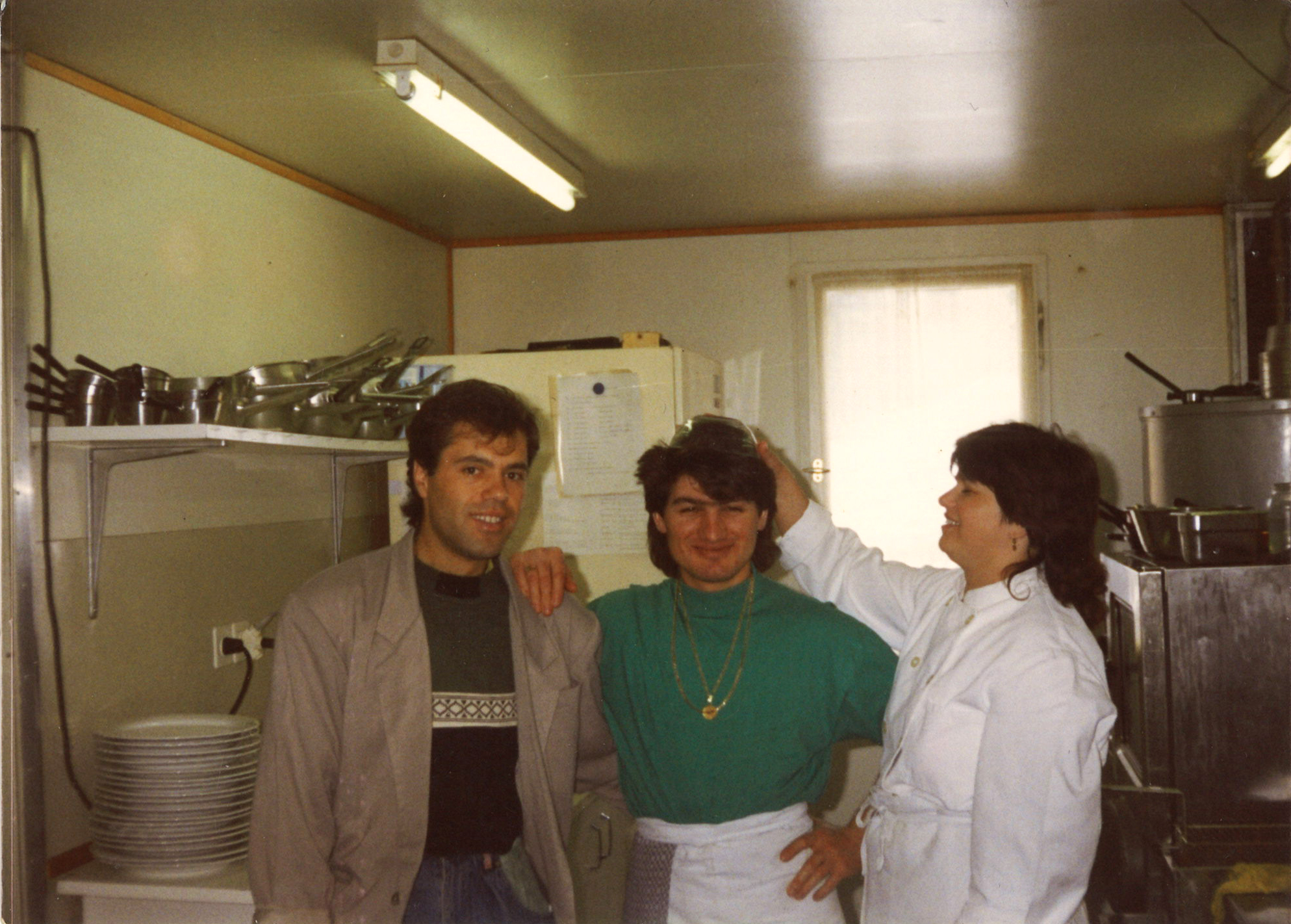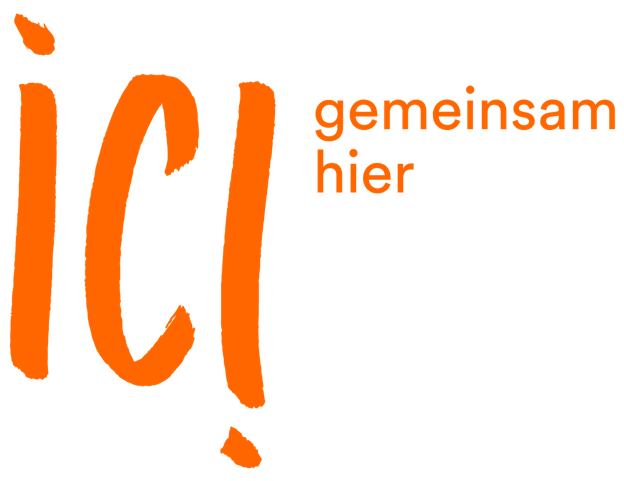Ich Albaner. Ich Arbeit.
Me Albanian. Me Work.
Adelina Ismaili
My dad is a storyteller. One of the most passionate that I know of.
I grew up listening to his stories from his childhood and his experiences as a young adult deciding to leave his home country to seek a new chance for his future. I received bits and pieces of these stories throughout my life, always enjoying them thoroughly. It was essential to me to hear these stories and continue telling them. This is why I decided to sit down with my dad and ask him specifically about his migration experiences. The following text is a summary of that conversation, telling the story of a young, determined man who set a goal of 11,000 francs and, in differen
I grew up listening to his stories from his childhood and his experiences as a young adult deciding to leave his home country to seek a new chance for his future. I received bits and pieces of these stories throughout my life, always enjoying them thoroughly. It was essential to me to hear these stories and continue telling them. This is why I decided to sit down with my dad and ask him specifically about his migration experiences. The following text is a summary of that conversation, telling the story of a young, determined man who set a goal of 11,000 francs and, in differen

and identity. In 1982, he visited Switzerland again during summer break, this time on his own. The train journey from Kumanovo, Macedonia led him to Chur in Switzerland. Now 18 and of age, he went straight to the immigration office with his passport and student papers. In broken German he expressed to an officer „Ich Albaner. Ich Arbeit.“ („Me Albanian. Me work.“) Immediately he found a place to work for 2.5 months during the summer. When Qashif returned home to Kumanovo, his father informed him that it would be his last trip to Switzerland; there was no need to go there
until he finished his military training. In 1987, after completing military training close to Belgrade, he packed a small bag and returned to Switzerland, turning what started as a temporary stay in 1982, with a goal of 11,000 francs, into a second permanent home for himself and his family.
When asked about the reasons for his migration, my dad primarily mentions political aspects. He felt restricted in expressing his Albanian identity in Yugoslavia and was disappointed by ongoing politics of the Yugoslav regime. He describes it as feeling like the black sheep. Given the chance to leave the political situation of that time, he took it. Secondly the economic factor also played a
role, as the difficulty in finding jobs and securing financial stability for his family led him to seek work outside his home country. Switzerland's demand for workers in the 80s and the promise of greater freedom made my dad decide to stay.
One of the most impactful memories of his migration experience was in 1988 during a health check-up. Every seasonal worker needed to occasionally get a check-up before starting a job. Qashif remembers being in line with a friend at the station in Buchs (St. Gallen).
After some hesitation, they did a second round, and all the analyses luckily came out okay. This experience left an uncomfortable feeling for my dad, as he felt like the seasonal workers were not treated like humans and could be thrown out of the country in the blink of an eye.
After working various jobs in Switzerland, Qashif's preferred sector of work was in gastronomy. One aspect he particularly likes to emphasize is showcasing Albanian hospitality. "As soon as my boss saw my Albanian hospitality and how guests liked my work, he had no other choice than letting me work as a server." This is how he went from washing dishes to becoming a server in his first years in Switzerland. Now, more than 30 years after, Qashif still works in gastronomy, attributing that to the hospitality that "runs through Albanian blood.“
Nowadays, words hurt more, my dad would say. When I asked him what he meant by that and how it connected to his migration experience, he again mentioned the language barrier. When he first came to Switzerland, he did not feel like a black sheep like back in Macedonia. But over the years, the more he understood the language, the more he also heard the negative words. "Back then I did not understand the language so well, so the bad things went into one ear and out the other. Now it feels like I only have one ear. Now it gets stuck and it hurts." He sometimes feels more like the black sheep now than in the beginning. My dad expresses that all the work from his time as a guest worker does not seem to be appreciated or simply gets forgotten. He feels like people do not fully accept the Albanian community as part of Swiss society. As a new Swiss citizen, he sees both sides now, Qashif says. The hardships of migrating to Switzerland even though the country relies on new workers and also the fear of Swiss society that feels like something is being taken away from them. "But there is no taking away because people work for what they get."
"Do you have anything you would like to share with the new generation?" I ask my dad to close off our conversation. "Study and work. And no one will bother you. You have to feel proud of yourselves and what you got. You don’t owe anybody anything because you are equal. But you have all the doors and ways open for yourselves." An advice that I had heard repeatedly throughout my life, but this time my dad expanded it with this visual description: "You have the highway while we had a canal."

My dad (left) with his childhood best friend (middle) and coworker (right) in the hotel’s kitchen, 1990


